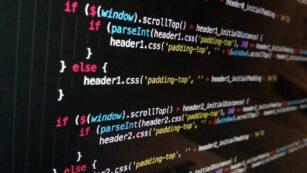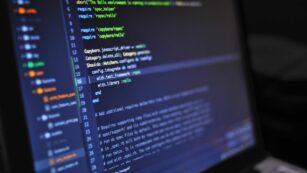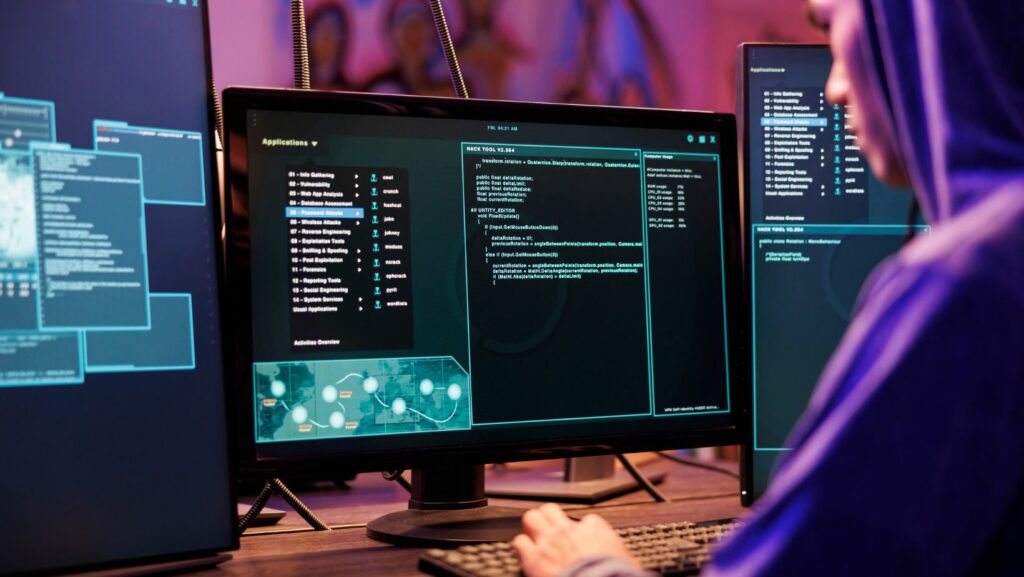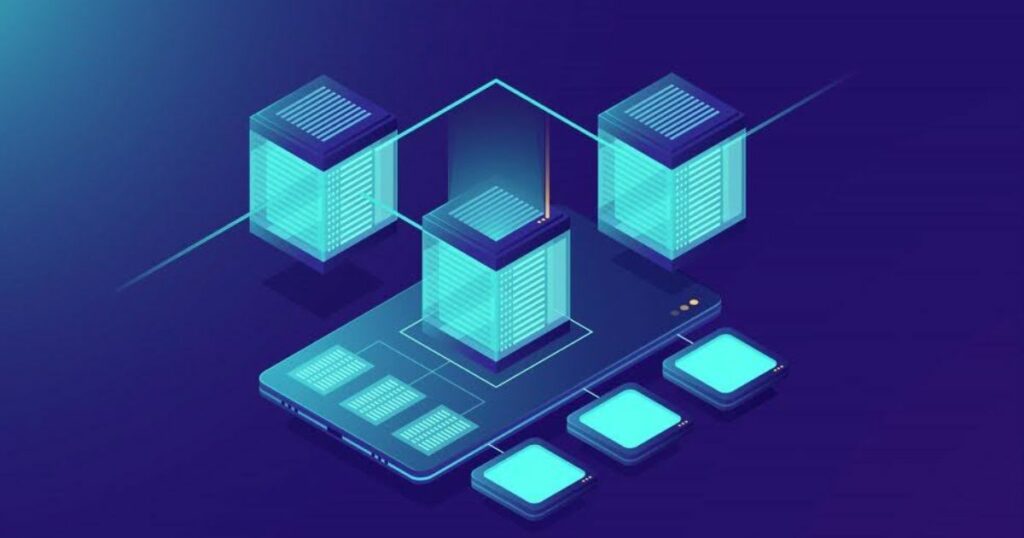Programming in C for Beginners
What Is C Programming?
C programming is a high-level language that Dennis Ritchie developed in the early 1970s at Bell Labs. It offers a combination of low-level and high-level features, allowing programmers to manipulate the computer’s memory and processors effectively. Primarily used for system programming, C forms the core of operating systems like UNIX and is also used for developing desktop applications, games, and mobile apps. The language’s versatile syntax and efficiency make it an ideal starting point for beginners who aim to build robust applications.
Why Learn C Programming?
 Learning C programming equips beginners with several key advantages critical for a career in software development. Firstly, the language’s close relationship with the underlying machine language allows programmers to understand how software interacts with hardware, enhancing their debugging and system-level testing skills. Secondly, knowledge of C paves the way to learning more complex languages such as C++ and Python, as many concepts are shared among these languages. Additionally, mastering C sharpens analytical thinking and problem-solving skills, essential for tackling complex coding challenges. Most significantly, C remains highly relevant in embedded systems, operating systems, and performance-critical applications, ensuring its utility in many future job opportunities. Its deep integration with embedded software development makes it a fundamental skill for building efficient, low-level system applications.
Learning C programming equips beginners with several key advantages critical for a career in software development. Firstly, the language’s close relationship with the underlying machine language allows programmers to understand how software interacts with hardware, enhancing their debugging and system-level testing skills. Secondly, knowledge of C paves the way to learning more complex languages such as C++ and Python, as many concepts are shared among these languages. Additionally, mastering C sharpens analytical thinking and problem-solving skills, essential for tackling complex coding challenges. Most significantly, C remains highly relevant in embedded systems, operating systems, and performance-critical applications, ensuring its utility in many future job opportunities. Its deep integration with embedded software development makes it a fundamental skill for building efficient, low-level system applications.
Setting Up Your Development Environment
Establishing an effective development environment is critical for coding in C. Beginners must choose and install a reliable Integrated Development Environment (IDE) like Eclipse, Visual Studio, or Code::Blocks, all of which support C programming. These IDEs provide essential tools such as a source code editor, compiler, and debugger, greatly simplifying the coding, testing, and debugging processes. Additionally, installing the GNU Compiler Collection (GCC) ensures that one can compile and run C programs from the command line, offering flexibility outside of an IDE. It’s beneficial to familiarize oneself with both environments, as they complement each other in developing proficient coding skills.
Exploring Fundamental Concepts in C
Grasping the basics of C programming hinges on understanding a few critical concepts crucial for any beginner. These include data types, variables, constants, and control structures, which form the backbone of programming in C.
Data Types and Variables
Data types define the type and size of data that can be stored in a variable. C programming offers several basic data an integer, a float, and a char. Variables are containers for storing data values. For instance, an integer variable can store whole numbers, while a float variable handles decimal values.
Constants and Operators
 Constants refer to fixed values that the program may not alter during its execution. Operators, on the other hand, perform operations on variables and values. Mathematical operators (+, -, *, /) and logical operators (&&,
Constants refer to fixed values that the program may not alter during its execution. Operators, on the other hand, perform operations on variables and values. Mathematical operators (+, -, *, /) and logical operators (&&,
|
|
, !) are examples critical to manipulating data in C.
Control Structures
Control structures guide the order in which instructions are executed in a program. Conditional statements like if-else, and loops such as for and while, allow programs to make decisions or perform tasks repeatedly if certain conditions are met.
Understanding these foundational concepts allows beginners to create simple yet powerful programs, paving the way to mastering more complex programming challenges in C.
Common Challenges for Beginners
 Mastering C programming comes with its hurdles. Beginners often struggle with pointers, which provide the ability to access and manipulate memory directly. Understanding syntax errors, another frequent challenge, involves recognizing mistakes that prevent code from compiling. Additionally, beginners may find managing memory manually daunting, as C requires explicit allocation and deallocation of memory, increasing the risk of memory leaks or segmentation faults.
Mastering C programming comes with its hurdles. Beginners often struggle with pointers, which provide the ability to access and manipulate memory directly. Understanding syntax errors, another frequent challenge, involves recognizing mistakes that prevent code from compiling. Additionally, beginners may find managing memory manually daunting, as C requires explicit allocation and deallocation of memory, increasing the risk of memory leaks or segmentation faults.
Embarking on the journey of learning C programming opens a gateway to numerous opportunities in the tech industry. To continue enhancing your skills, it’s crucial to leverage resources like online tutorials, coding bootcamps, and community forums. Engaging with these platforms not only solidifies your understanding but also connects you with other learners and professionals. As you delve deeper into C programming, remember that patience and practice are your best tools for overcoming the initial hurdles. Keep experimenting with code, and don’t hesitate to seek help when needed. Your dedication to mastering C will pave the way for a successful and rewarding career in software development.


